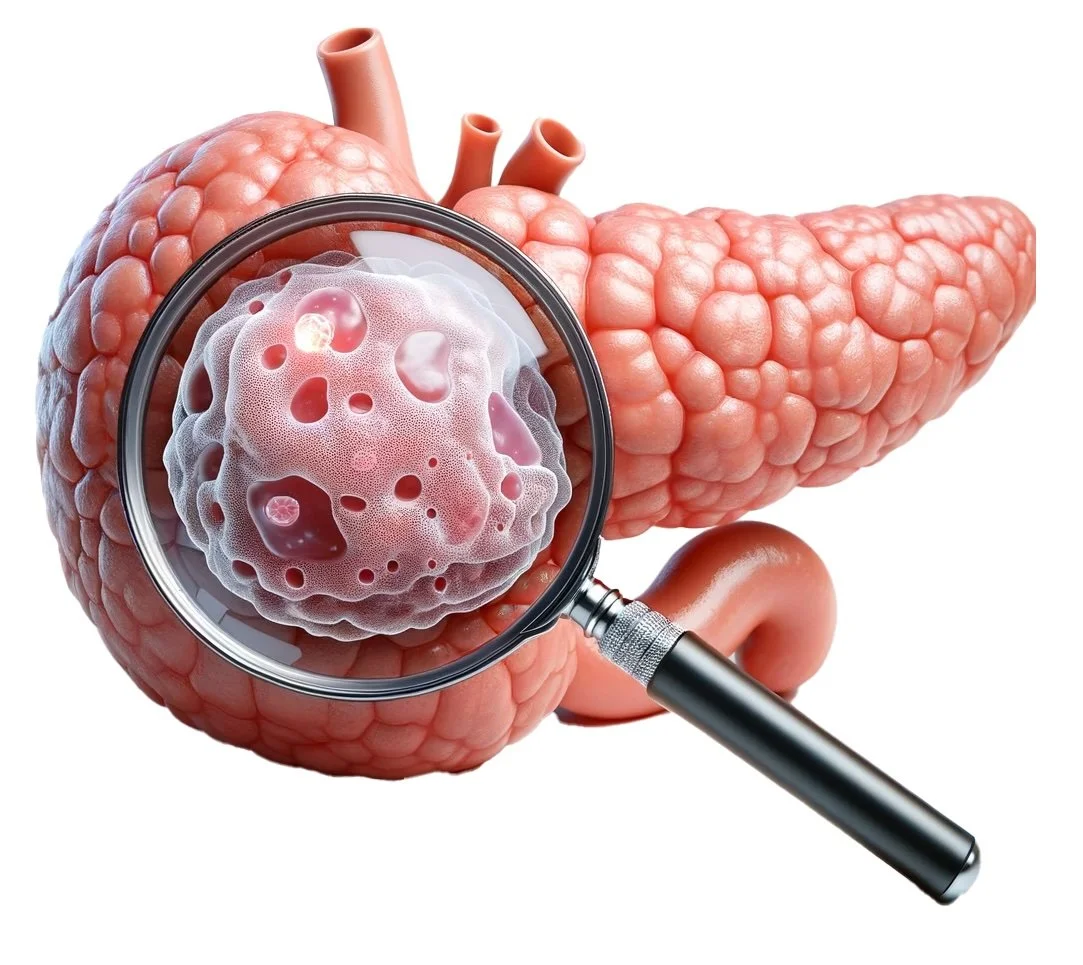Pancreatic ductal adenocarcinoma (PDA) is an aggressive form of pancreatic cancer with limited treatment options, driven primarily by mutations in the KRAS gene. These mutations profoundly reprogram cancer cell metabolism, resulting in the accumulation of byproducts such as Reactive Oxygen Species (ROS). While excessive ROS levels can damage cells, moderate levels serve as critical signaling molecules, mediating redox modifications that alter protein structure and function. These redox-driven changes not only enhance cancer cell survival and proliferation but also influence their interactions with the tumor microenvironment. Our lab investigates the fundamental mechanisms of redox biology to elucidate how ROS-driven modifications shape both cell-intrinsic processes, such as metabolic reprogramming and protein synthesis, and cell-extrinsic processes, including immune evasion, stromal remodeling, and systemic metabolic disruption. By bridging the gap between cancer cell biology and systemic outcomes, we aim to uncover novel therapeutic strategies to target PDA and other KRAS-driven malignancies.
Work in the Chio Lab is generously funded by
National Cancer Institute
Pershing Square Sohn Cancer Research Alliance
American Association of Cancer Research
DEPARTMENT OF DEFENSE
Schaefer Scholars Program
Pancreatic Cancer Action Network
Paul Marks Scholars Program
V Foundation
National Pancreas Foundation
VELOCITY RIDE TO SOLVE CANCER
Irma T. Hirschl/Monique Weill-Caulier Trust
Mark Foudation
© Copyright 2018-2026 by Christine Chio Lab.
All Rights Reserved.


